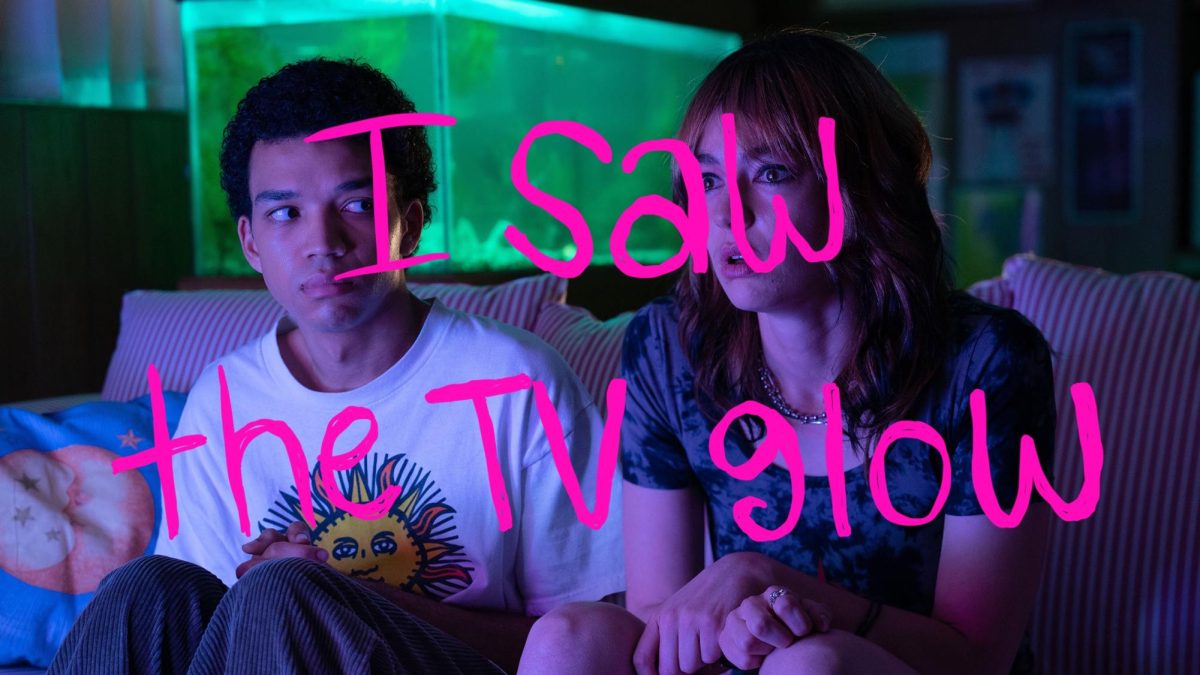On Nov. 7, 2016, the world lost a lyrical legend. Leonard Cohen produced 20+ musical albums, published five collections of original poetry, wrote an army of well-received singles and had a profound influence on the lives of countless fans and colleagues.
Each one of us has undeniably been influenced by the work of Cohen. Regardless of whether your radio is tuned back alley punk, oldies, or Top 40 Hits, “Hallelujah” is in virtually every musician’s repertoire. Those powerful lyrics have been included in all facets of the media: “Hallelujah” played over tributes to Boston Marathon Bombing victims. It was crooned in the very saddest of the montages in beloved children’s movie “Shrek.” It is played at sporting events, and covers of the song flood YouTube databases. The influence of this close-to-home single is evidence enough of Cohen’s influence upon society and popular culture, but Cohen is so much more than that oversaturated tune, and his reach went so much deeper.
Famous Blue Raincoat
Written in 1971 for Cohen’s album “Songs of Love and Hate,” this song is one that can pull a person even in their darkest days back onto their feet. I have a dear friend who suffers from severe mental health challenges; in the hardest days of his life, he turned to music to lift his spirits. On a day when he was prepared to give up, he listened to “Songs of Love and Hate,” and Cohen’s songwriting on that track inspired him to keep his head up and continue forward. The lyrics “it’s four in the morning, the end of December/ I’m writing you now just to see if you’re better” made a hopeless man feel as though he was not quite so alone in the world. Listening to these lyrics, he felt as though someone understood his pain and the emotions he was battling. He truly was “living for nothing,” and felt “so much older.” But the message of encouragement that followed those relations helped my friend face another day, and have helped him face every day since.
You Want It Darker
Cohen inspired not only individuals to press forward, but also entire communities. NPR produced a series of interviews with members of the Shaar Hashomayim Synagogue Choir, that was featured on Cohen’s most recent spoken word album, “You Want It Darker.” The album combines Cohen’s musical ability, his brilliant poetry and his sultry vocals with his rich personal heritage. For the album, Cohen included myriad references to his Jewish religious background, even going so far as to request the choir from his hometown in Westmount, Quebec provide prayer-like vocals for the tracks. The NPR interviews particularly focus on Gideon Zelermyer, Cantor for the local church, as well as on the album. Zelermyer can be heard on the single “You Want it Darker” chanting the Hebrew word “Hineni,” which means “here I am.” Throughout the interviews, Zelermyer expresses his deep respect for Cohen, and tells about how remarkable the songwriter’s vision truly is. But above all, the Cantor tells how much pride Cohen brought to their small Jewish community. Zelermyer told interviewers that the town had always been proud that one of their own had “made it big,” but the fact that Cohen included their traditions in his final work made the Quebec Jewish community feel that they in particular were welcomed and that they had importance in an increasingly secular world. Cohen’s decision to reach out to his home community and his unyielding willingness to include his faith in his works showed how genuine of an individual Leonard Cohen was.
Whether your only knowledge of Cohen is the Jeff Buckley cover of “Hallelujah,” or whether “Suzanne” has “touched your perfect body with her mind,” Leonard Cohen will always be remembered as a brilliant force of faith and inspiration, of love and great songwriting. “Hallelujah” will be covered from now until the end of musical time. Without his work, many would have abandoned their beliefs, their hopes and some — even their lives. Leonard Cohen, your body may rest in peace, but your influence is not passing away anytime soon. Thank you for your brilliance, and farewell.
@megshulse















